Pandemic preparedness and response: Where does antimicrobial resistance fit in?
Tuesday, 24 May 2022
During the 75th World Health Assembly
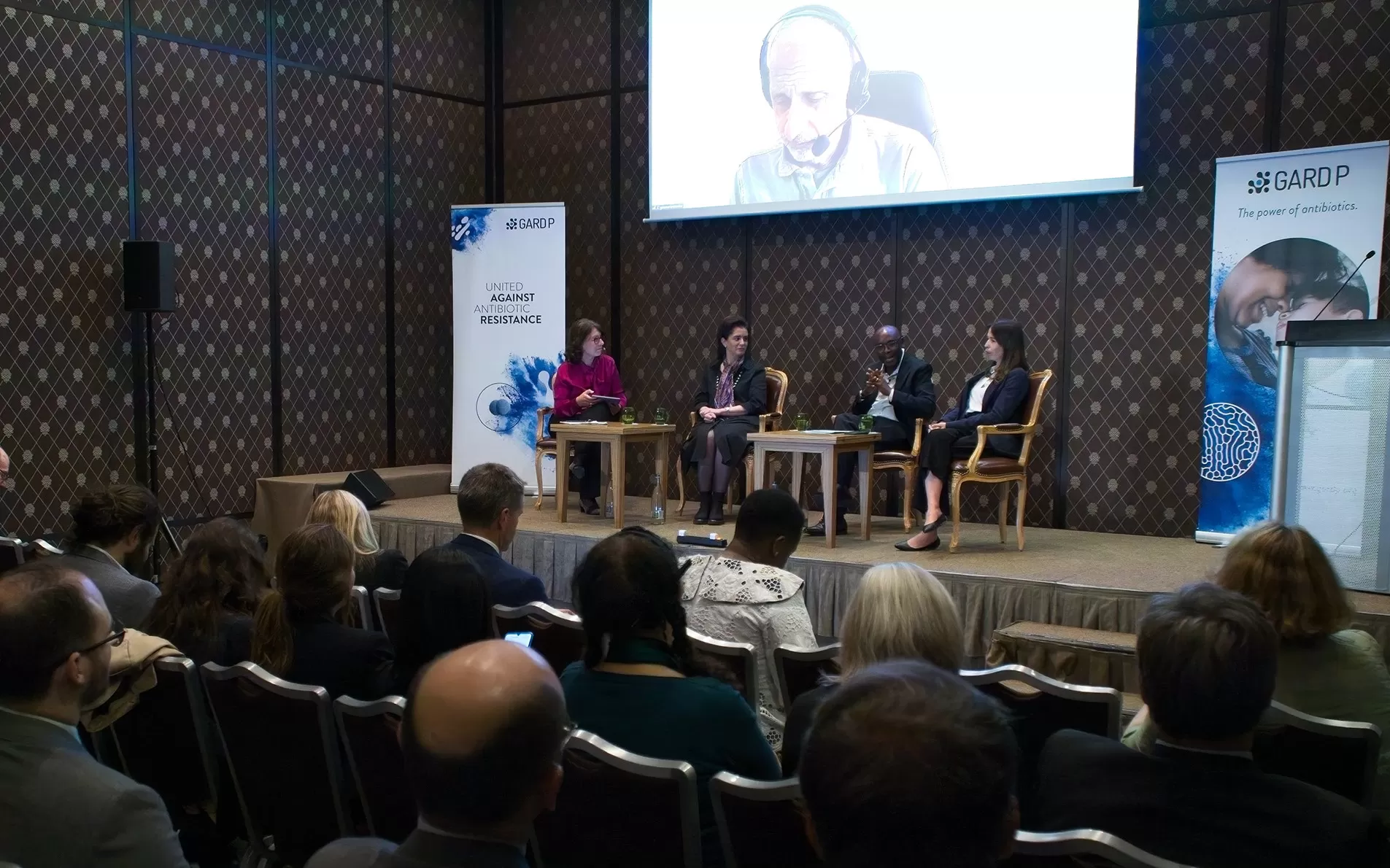
GARDP and Switzerland hosted a side event during the 75th World Health Assembly in Geneva entitled “Pandemic preparedness and response: Where does antimicrobial resistance fit in?”. The event brought together health officials and experts from WHO Member States, international organizations, and civil society to discuss the current health crisis of antimicrobial resistance (AMR) and how a global, integrated response is a vital investment in preparing for the next health emergency.
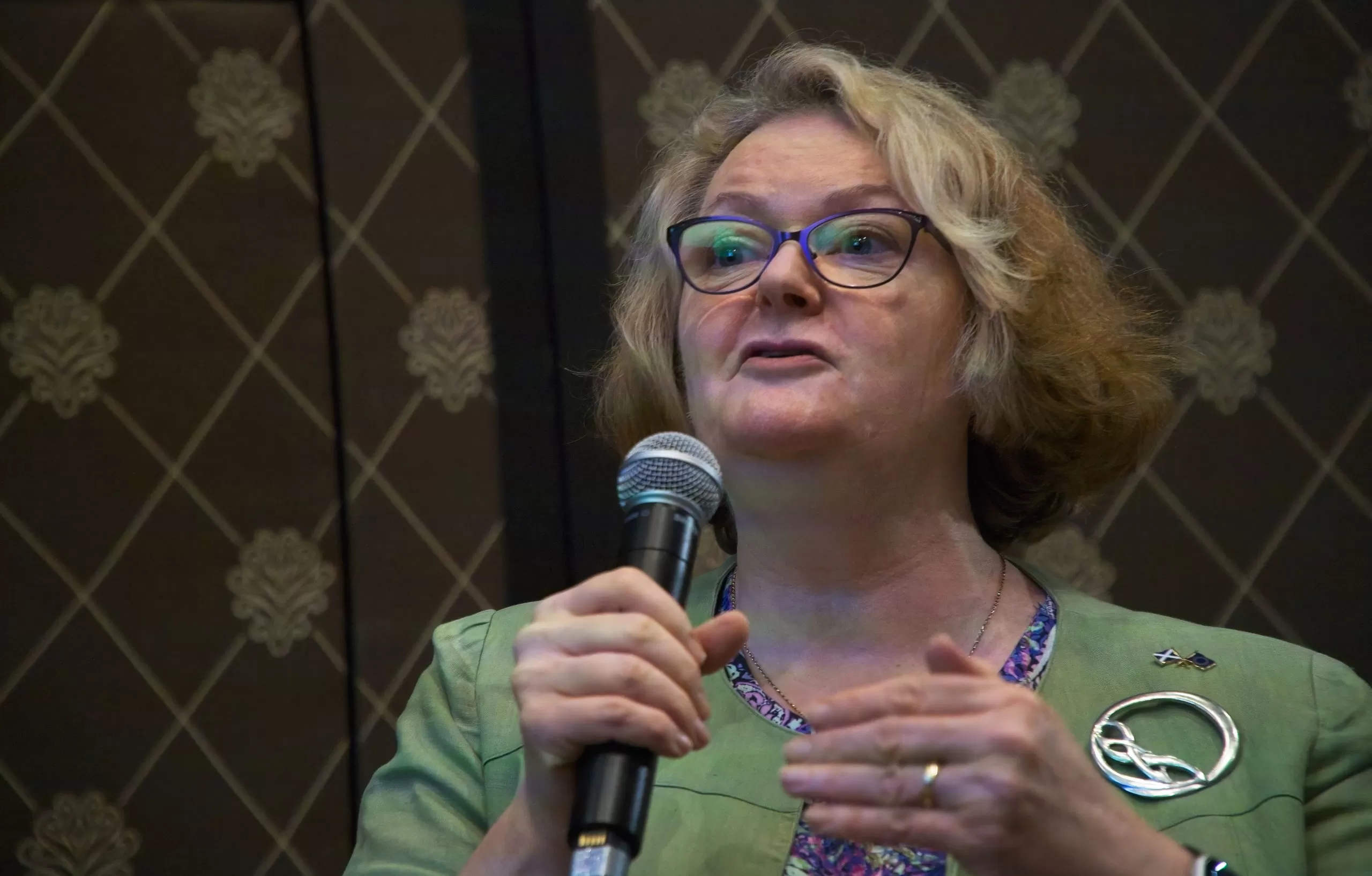
“Antimicrobial resistance should be a health emergency.”
Philippa Whitford, Breast cancer surgeon and Member of Parliament, Scotland
Participants pointed out that antimicrobial resistance should no longer be described as a ‘silent’ and invisible pandemic. “It should be a public health emergency”, commented Philippa Whitford, Member of Parliament in Scotland, adding “AMR needs its own focus and its own convention.”Manica Balasegaram, Executive Director of GARDP, reminded the audience of the grim situation we are facing. People are dying from common, treatable infections because the bacteria that cause them have become resistant to treatment. A recent report published in The Lancet revealed that AMR directly caused nearly 1.3 million deaths in 2019, more than HIV/AIDS and malaria. But “we need to give this problem a human face”, he added. “People are dying across the world. One fifth of them are children under 5 years old.”
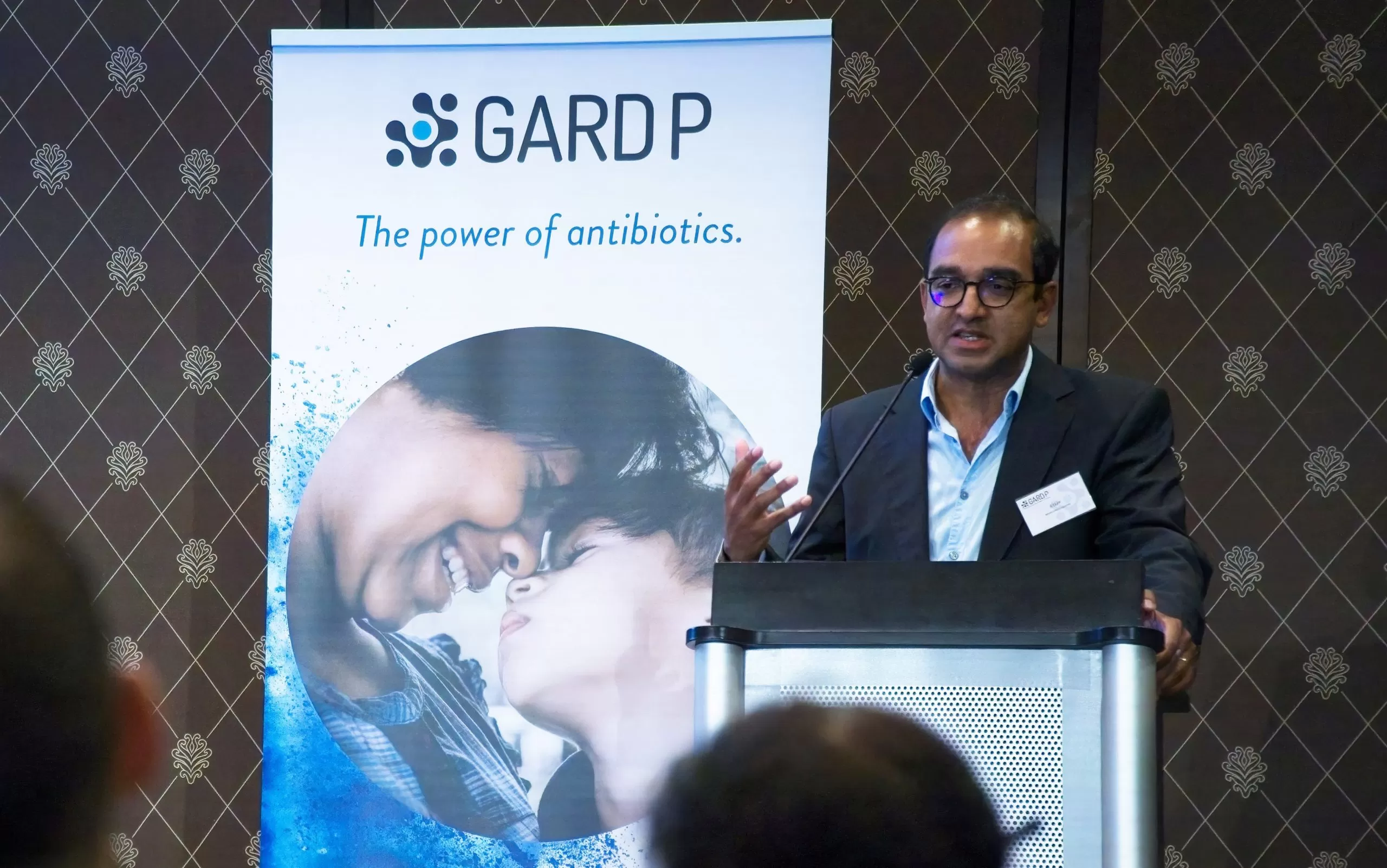
Gian Maria Rossolini, Professor of Clinical Microbiology at the University of Florence, shared his experience in Italy, after a drug-resistant infection outbreak hit Tuscany. He argued: “AMR is not just a problem in low- and middle-income countries. Data on resistance prevalence shows that for instance MRSA is a global problem with high rates in high-income countries like the United States and Japan.” He added: “Without antibiotics, we lose surgeries, transplantations. We need antibiotics to keep modern medicine.”
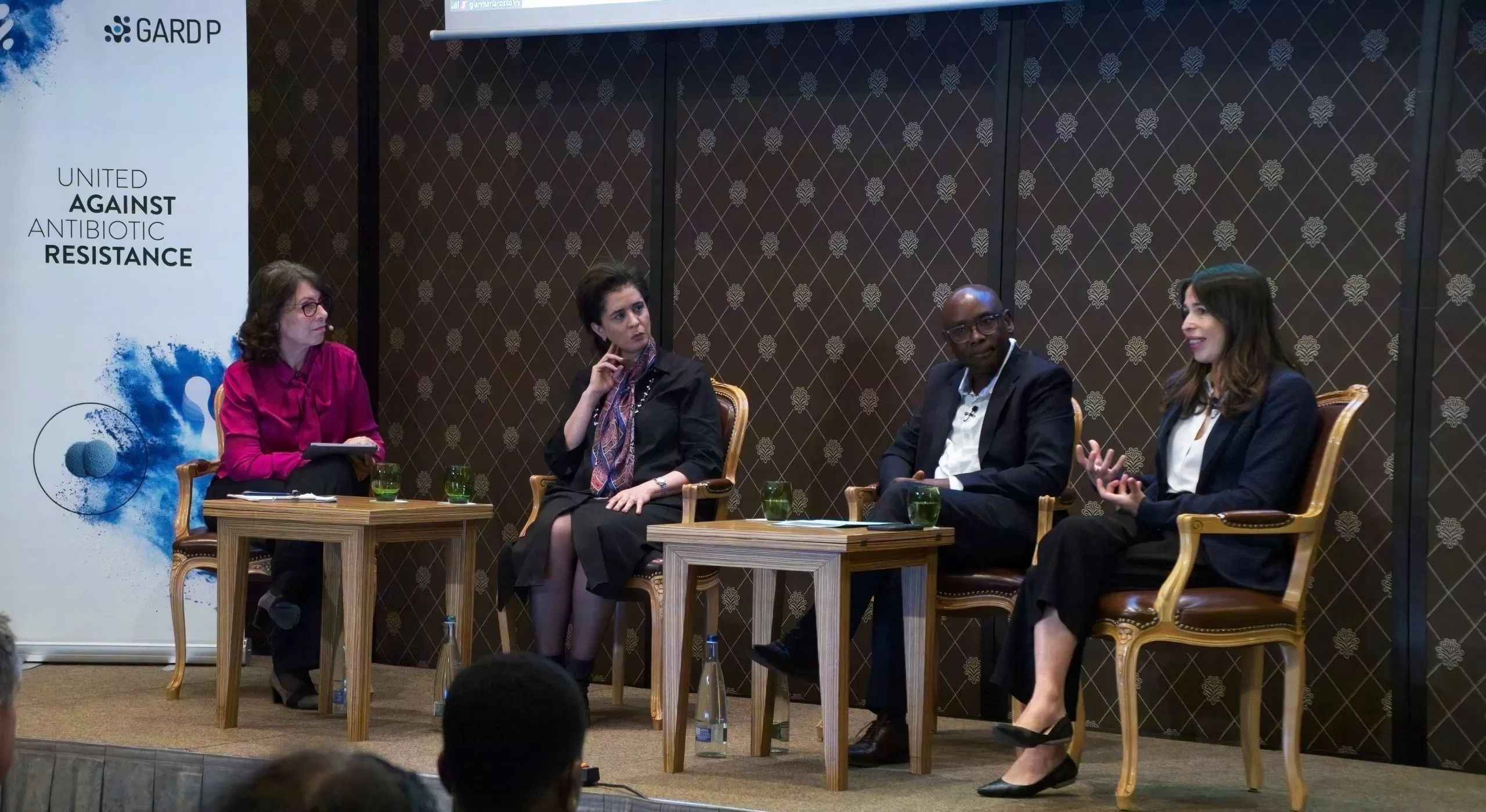
“AMR will be part of the new WHO pandemic preparedness treaty.”
Viviana Muñoz-Tellez, Coordinator, Health, Intellectual Property and Biodiversity Programme (HIPB), South Centre
Panellists expressed optimism regarding current negotiations to include antimicrobial resistance in a future global pandemic preparedness treaty. “It has the potential to impact everyone in the world, and not only for pandemics, but for all health emergencies. We will see the first ideas for a pandemic international instrument. And we will see that AMR will be there,” said Viviana Muñoz-Tellez from the global organization South Centre, who is currently taking part in the discussions to advocate in favour of this new framework.
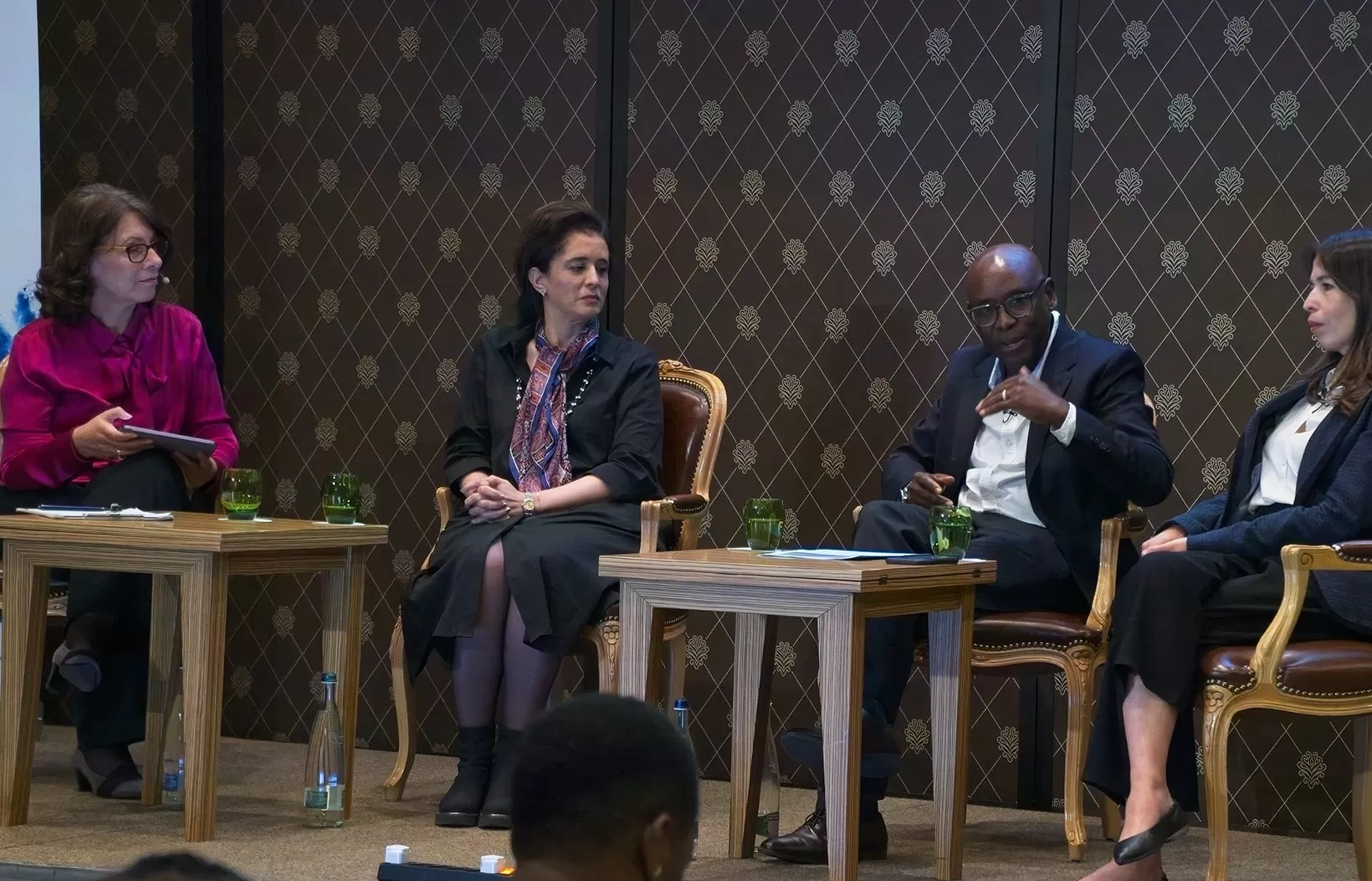
“There is interest to make AMR a strong component of the treaty”, added Mirfin Mpundu, Director of ReAct Africa (Action on Antibiotic Resistance). Hanan Balkhy was also positive but more cautious: “The current Global Action Plan on AMR is the bedrock for what countries need to do, and it is missing some information – on diagnostics, financing, and governance. We are working on a revised plan. But it takes time, and we need member states to mandate this.”
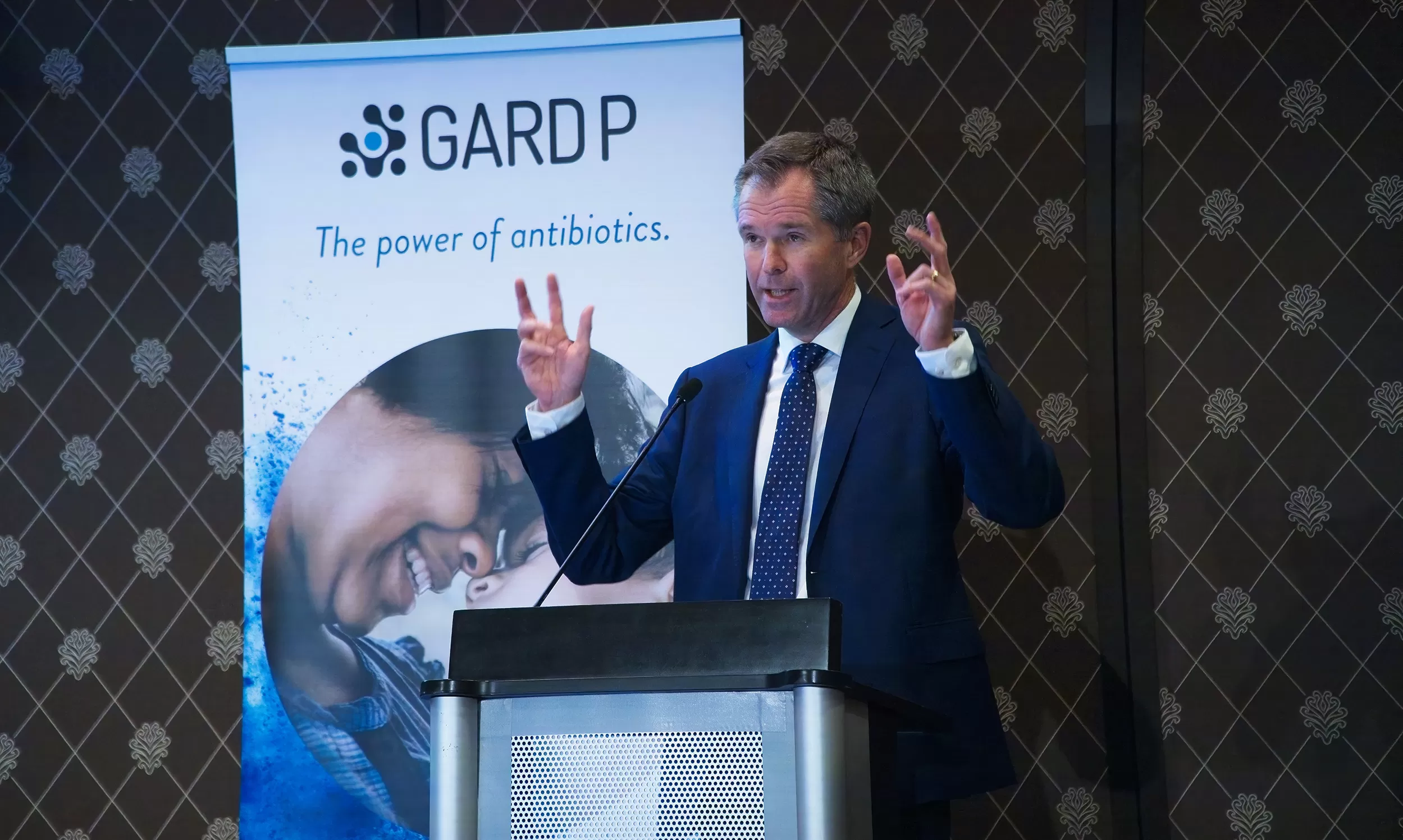
“Antimicrobial resistance is the climate change of health.”
ProfessorJohn-Arne Røttingen, Ambassador for Global Health at the Ministry of Foreign Affairs, Norway
Panelists agreed that a One Health approach is crucial. “We have to involve people from the health, agricultural, environmental sectors and civil society,” summarized Paul Kelly, from the Department of Health of the Australian Government. But one of the challenges is to equip countries with the right tools and infrastructure. “The complexity we are talking about is so immense. Some countries don’t have the right technical expertise,” explained Hanan Balkhy. For this reason, there is a change within WHO to move towards less global surveillance and more local empowerment. “We need more capacity building on the ground,” added Hanan Balkhy. The budget is often the missing piece. “Investing in health is also investing in development itself,” advocated Viviana Muñoz-Tellez. “We should have ministers of finance saying we need a bigger pie of the government budget allocated to health.”
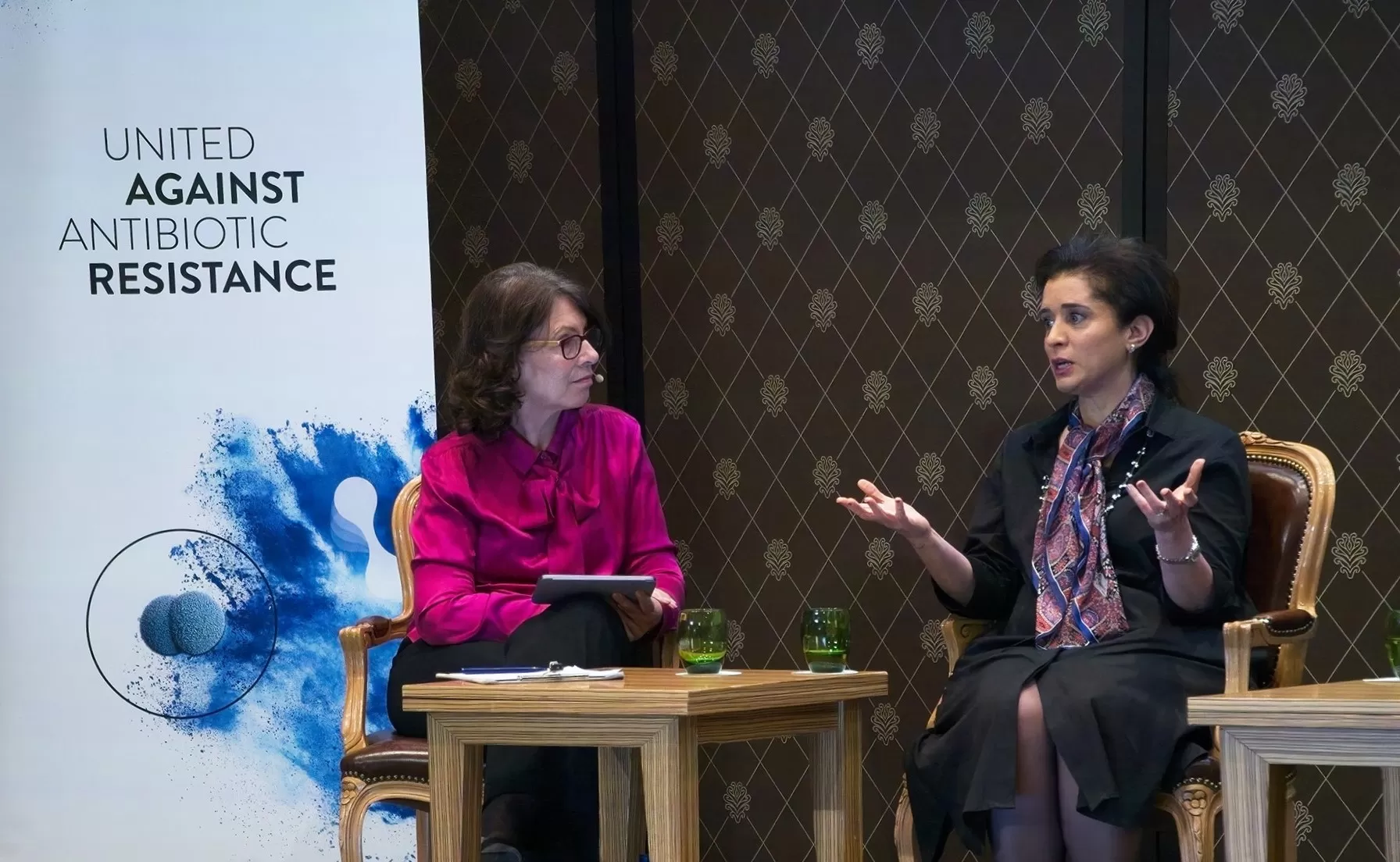
“People can be a voice to put pressure on governments and organizations to work better together.”
Hanan Balkhy, Assistant Director-General, AMR Division, WHO
Some participants shared their own experience, explaining how crucial local stories and ambassadors are to show the reality of the AMR crisis. “ReACT Africa works with professional bodies, such as politicians and pharmaceutical groups. It also works with the government of Kenya to raise awareness—starting in primary school,” shared Mirfin Mpundu. “People can be a voice to put pressure on governments and organizations to work better together,” recognized Hanan Balkhy. Panellists agreed that it is important to engage with all levels of stakeholders and with civil society on the ground.
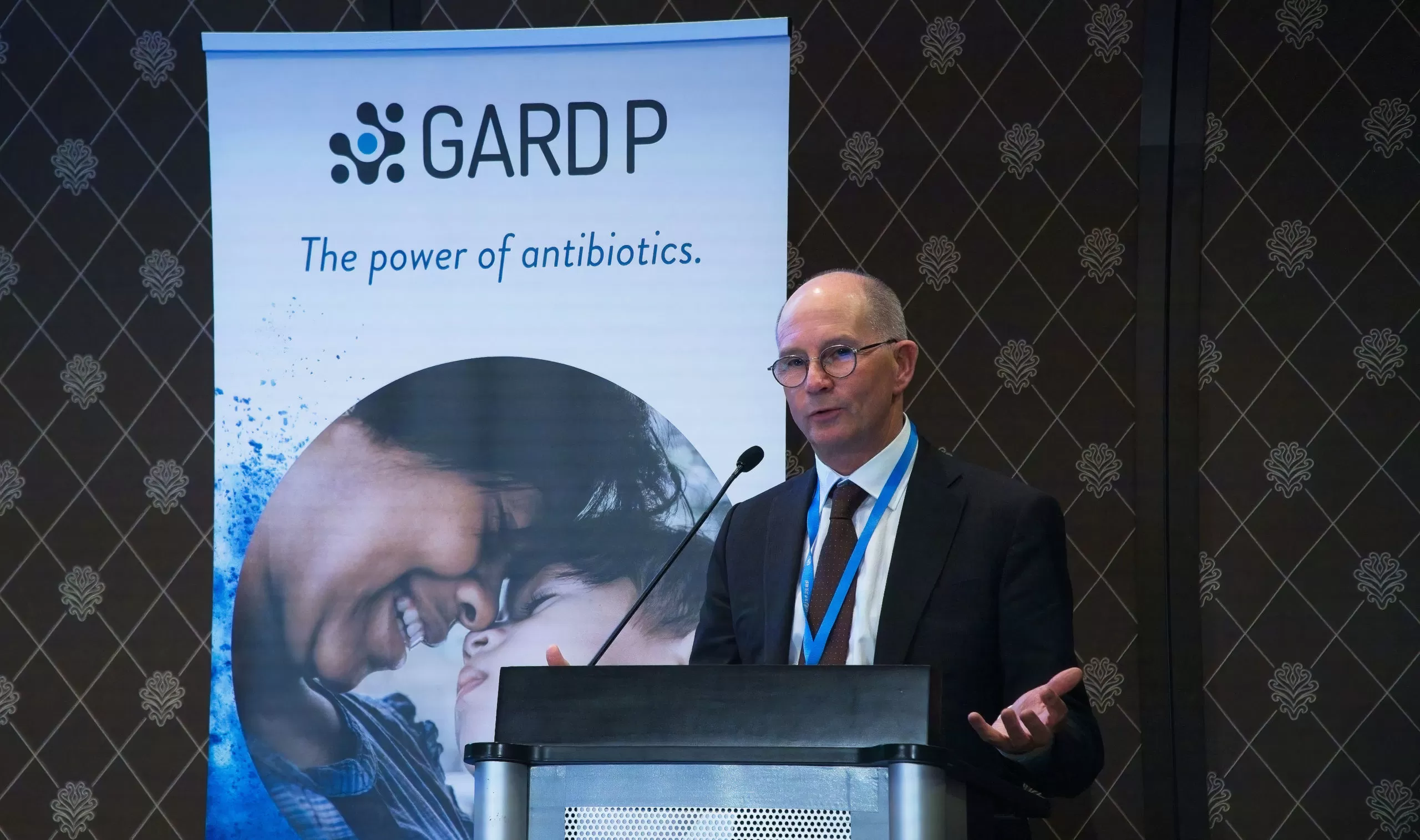
“All health is personal”, concluded Paul Kelly, from the Australian government. “You need a personal story, you need to convince that it is a problem for them, that they may not be able to have a successful surgery or organ transplant. People could die and it could be anyone in this room.”